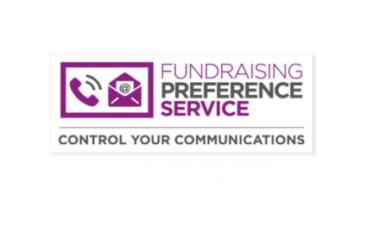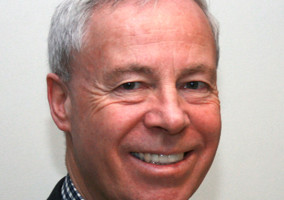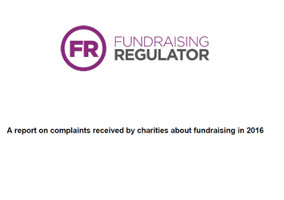Only 4 per cent of the public have heard of the Fundraising Preference Service, a conference heard yesterday.
Speaking at yesterday’s Westminster Social Policy Forum keynote seminar on charity fundraising in London, Briony Gunstone, associate director at market research and data analytics firm YouGov, said that only 4 per cent of the public had heard of the FPS, according to a recent survey.
Although she also said that the public had reacted positively to what they heard of the FPS.
She said that of those who took part in YouGov’s recent FPS survey, “one third of people said that the introduction of the FPS will increase their trust in the overall sector. A quarter of respondents said it would increase their trust in the individual charities that they have contact with. Two fifths of respondents said they would be likely to use the FPS themselves.”
Stephen Dunmore, chief executive of the Fundraising Regulator, had earlier told the forum that the FPS has processed “over 9,000 suppression requests from over 3,700 indviduals”.
Lawrence Simanowitz, charity partner at law firm Bates Wells Braithwaite, was critical of the low numbers of the public who have signed up to its flagship Fundraising Preference Service.
Simanowitz said: “I would say that the Fundraising Preference Service, which I agree has been set up extremely well and efficiently, hasn’t lived up to expectations. What I mean by that is the numbers, the numbers of people registering with it. It’s about 3,000. That’s incredibly low for a service which is dedicated to that, and of which there has been a lot of investment.”
Sector’s reputation ‘still not recovered’
YouGov's research into charity also showed “the sector’s reputation has not yet recovered following the damage that occurred around 2015 and onwards”.
YouGov survey data, which has tracked public opinion on charities for the last four years, showed that between 2013 and 2016 “people saying that the sector has a good reputation has fallen from 62 per cent to 41 per cent. And, with a bit of minor fluctuation, it’s remained roughly around similar levels since then.”
“The perception that it has higher ethical and moral standards and that it’s trustworthy have both also declined significantly between 2013 and 2016, and have not yet recovered.”
Related articles











